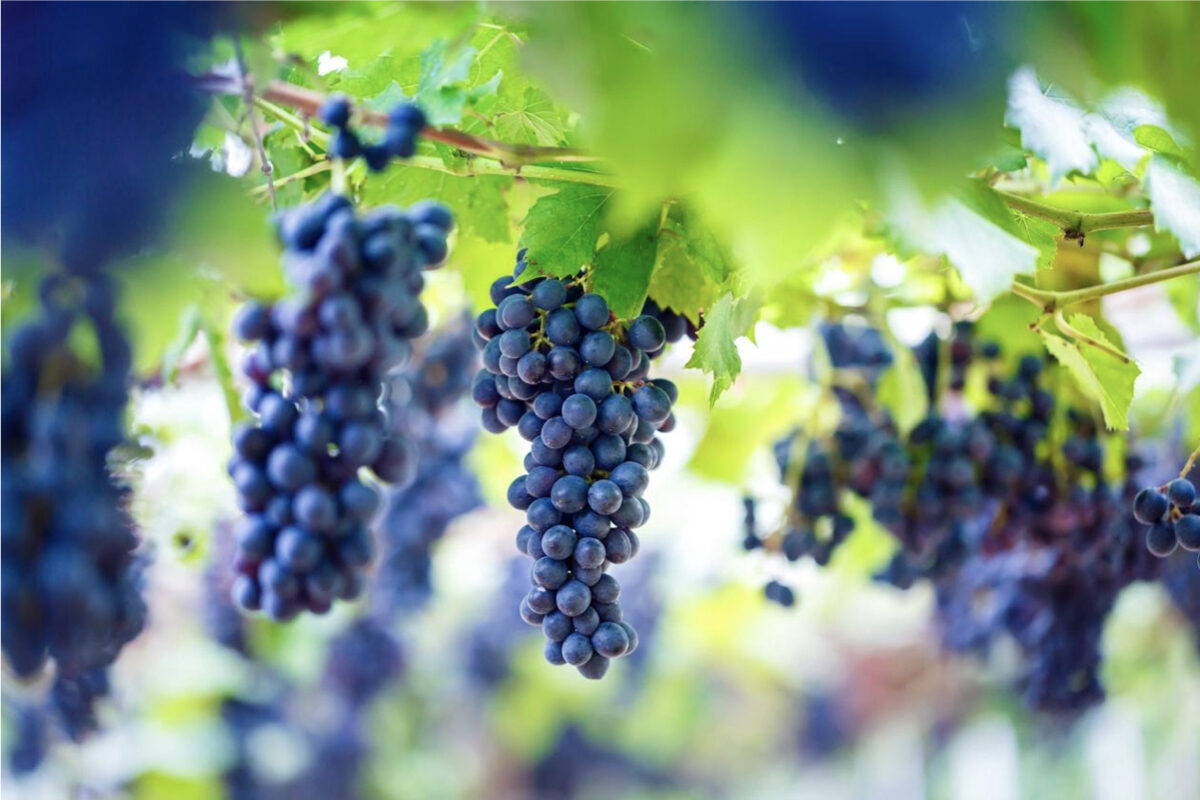


Grapes are rich in a variety of nutrients. In addition, the antioxidant properties of grapes can help rejuvenate the body and prevent signs of aging.
Grapes can be eaten fresh or made into raisins, wine, or grape jam. They contain various vitamins as well as potassium, calcium, and iron. Additionally, grape skins and seeds contain polyphenolic compounds, potent antioxidants that prevent cell damage caused by free radicals and help maintain normal cell growth and development.
Phenolic compounds have been proven to have significant cardiovascular benefits, promoting blood circulation and controlling blood pressure. In addition, grape polyphenols protect against oxidative stress-related diseases such as cardiovascular disease, Type 2 diabetes, and metabolic syndrome, as was found in research published in 2022 in Nutrients.
In 2017, researchers in Brazil conducted a control group experiment. They randomly divided 28 healthy adults into two groups, one drinking purple grape juice and the other drinking an artificial grape beverage. After 28 days, they found that the group drinking grape juice had increased plasma antioxidant activity, improved antioxidant capacity, and cardiometabolic status under strenuous exercise. This experiment was published in the Journal of Functional Foods.
According to the “Yunnan Materia Medica,”—a work on the pharmacology of the Ming Dynasty, grapes are “sweet in taste and calm in nature, and can lighten the body and prolong the life of the elderly, nourish the qi (vital energy) and blood, relax the tendons, and activate the joints.”
In other words, grapes can replenish the nutrients the body needs, activate the circulation of qi and blood, improve immunity and resistance to disease, and even prolong life. In addition, grapes also positively affect the maintenance of normal hematopoietic function.
Dr. Hu Nai Wen, a renowned Chinese medicine practitioner in Taiwan, shared on his YouTube program that grapes are rich in vitamin B complex, vitamin C, and amino acids, which can help eliminate fatigue, maintain the skin and eyes, and relieve body aches and pains.
Raisins are also a good choice. Hu said that raisins are natural and do not need preservatives. The grapes themselves can inhibit the growth of bacteria after drying because of the high permeation pressure, so there is less need to worry about preservatives.
Hu suggests a cup of raisin and goji berry tea when feeling irritable. He said goji berries are good for the eyes, while raisins are good for the kidneys and help calm irritable moods.
Put 30 to 40 raisins and 20 to 30 goji berries in a teapot and brew them with boiling water for 15 minutes, then serve.
Grapes are sweet and excessive consumption can lead to obesity. Hu reminded us that TCM emphasizes the importance of moderation in maintaining a healthy diet. He suggests 10 to 20 grapes per day is best.
So can diabetics eat grapes?
Hu said that people with diabetes can also eat grapes. In the theory of TCM, high blood sugar is only the “symptom” of diabetes but not the “cause” of the disease. Diabetes is caused by the body’s inability to regulate blood sugar properly, not by eating sugar. Eating grapes will not worsen diabetes. A proper intake of nutrients in grapes is beneficial to the body.
